
European Space Conference in Brussels: The European Union shares its ambitious vision for European space policy

- Europe and Arabs
- Tuesday , 28 January 2025 13:42 PM GMT
Brussels: Europe and the Arabs
The European Space Conference kicked off today in Brussels and will continue for two days. The European Commission, the executive body of the Union, is participating in the conference through a number of members, including Executive Vice President Heina Virkkonen, Vice President and Coordinator for Foreign Affairs and Security Policy Kaja Kallas, in addition to Commissioners Andrius Kubilius, Costas Kadis and Ekaterina Zaharieva.
Today, Commissioner for Defence and Space Andrius Kubilius delivered a speech on a series of key initiatives that demonstrate Europe's leadership in the advanced space sector.
Tomorrow, Wednesday, Vice President Kallas will deliver an opening speech on the European Union's work in the field of space security and defence.
Andrius Kubilius, Commissioner for Defence and Space, said: "Space is the foundation for Europe's security, economy and technological sovereignty. Through our initiatives, we ensure that Europe not only competes, but also leads the global space arena - sustainably, innovatively and cooperatively."
The EU’s flagship programmes, including Galileo, Copernicus, SSA and GOVSATCOM, will see rapid improvements in the near future. Copernicus will expand with Sentinel-1C and Sentinel-2C satellites, along with the CO2 monitoring mission (CO2M) to support EU energy and climate policies. Galileo will introduce advanced navigation services such as the Public Regulated Service (PRS) and Open Navigation Message Authentication (OSNMA). The future launch of the first pair of Galileo second-generation satellites will mark an important milestone for the EU’s Galileo navigation constellation. The IRIS² communication system is advancing rapidly, and the European Union Space Surveillance and Tracking System (EUSST) now supports over 500 satellites with services extended to over 200 organisations. The EU is also stepping up its efforts in the field of space security and defence, building on the EU strategy that recognises space as a strategic domain, with a focus on threat awareness and response, increasing the resilience of space infrastructure, using space capabilities for security on the ground, and partnerships with NATO, the United States and others. “These efforts underscore Europe’s determination to remain at the forefront of space technology, secure its leadership in the global space arena and ensure space remains secure,” a European statement in Brussels concluded.


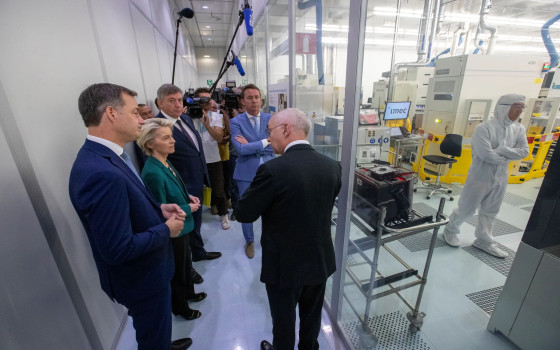
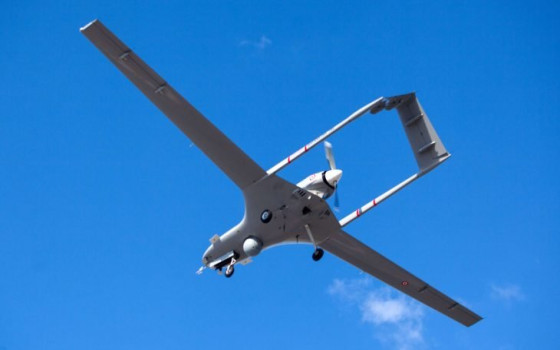



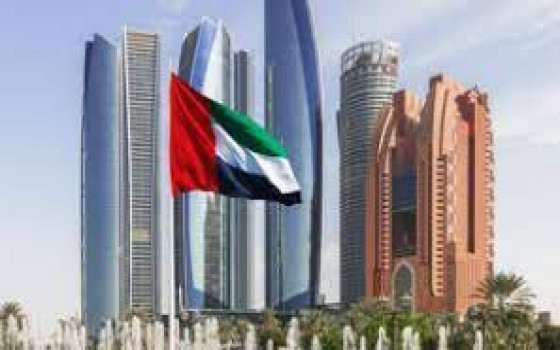


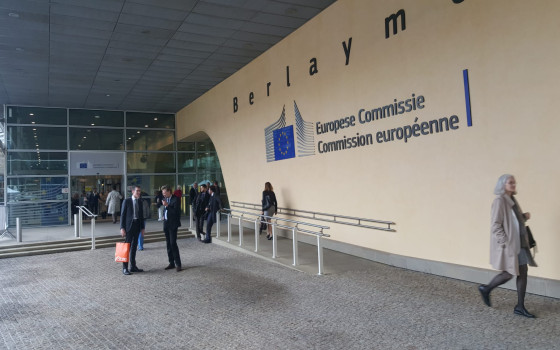
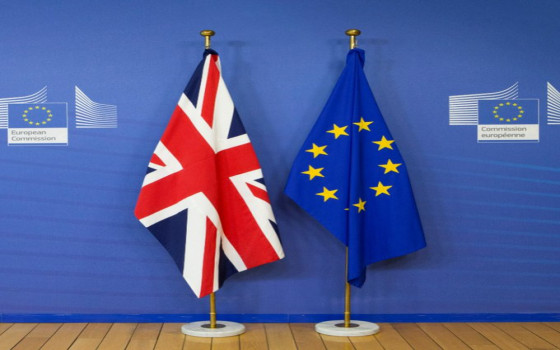
No Comments Found